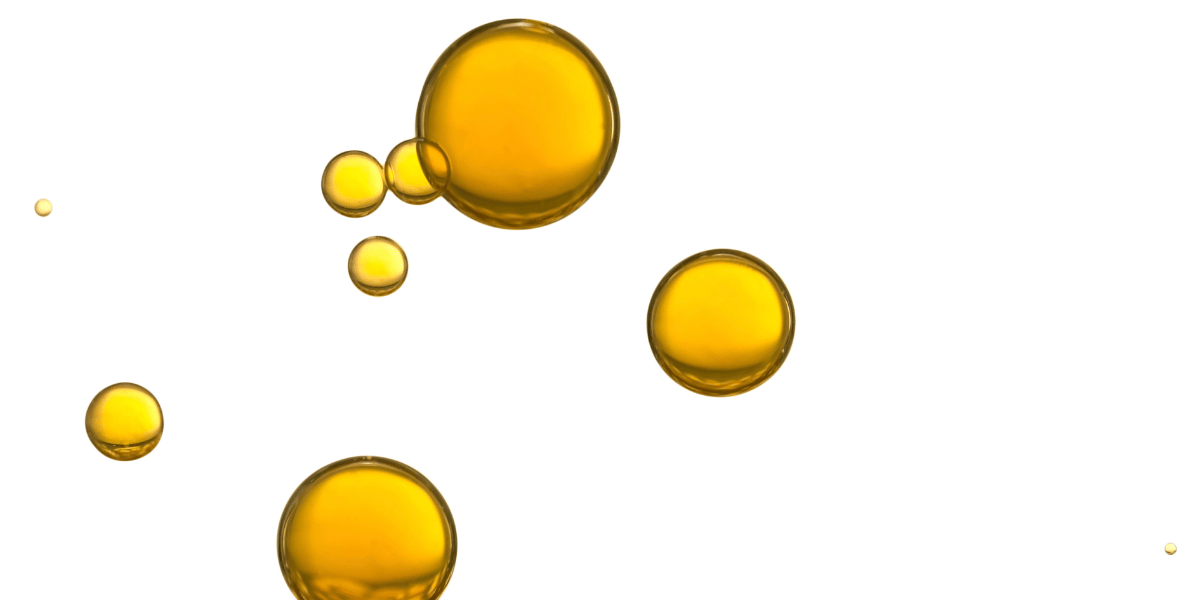1 min read
MCT Oil: What Is It, and How Can It Help with Fat Loss?
If you’re serious about maximizing your time in the gym by fueling your body with the nutrients it needs to perform at an optimum level, you’ve...
.png?width=70&height=70&name=Stark_LogoMark%20(1).png)

In recent years, seed oils have become increasingly popular in kitchens due to their low cost and versatility. But did you know that too much consumption of these vegetable-based products can lead to potentially dangerous repercussions for your heart? This article will uncover four potential risks associated with these common cooking staples, as well as dietary improvements which can promote better cardiovascular health moving forward.
Omega 6's and omega 3's are vital components of our bodies - they perform critical functions, like aiding healing or supporting brain health. But seed oils can be problematic, as their ratio of these two fatty acids is unbalanced towards the inflammatory omega 6s, increasing risks for heart disease. To address this problem we must select smarter options. Some examples are walnuts or fatty fish such as salmon, which provide us with more protective omega-3s than pro-inflammatory ones!
While manufacturing seed oils, hexane is commonly used as a solvent to extract the oil. Unfortunately, this process can introduce harmful trans fats that have been linked to an increased risk of heart disease and reduce omega-3 content while increasing inflammatory levels of omega 6's in order for it to stay shelf-stable. To protect our health from these damaging effects, we should opt for minimally processed or cold-pressed oil varieties to ensure you are consuming the healthiest oil possible and limiting your intake of inflammatory compounds.
Refined sugar is a quick-acting carbohydrate, but when there is surplus sugar, it is packaged into fatty acids, which can raise cholesterol levels, and if consumed in excess, it can also lead to an increased risk of heart disease. When you combine fatty acids with inflammatory omega 6's that are already present in your body, it makes for a harmful cocktail that should be avoided. To keep these risks in check, it is essential to remain mindful of your dietary choices by reading food labels thoroughly and selecting options low in added sugars whenever available.
Eating seed oils high in inflammatory omega 6's and too much refined sugar can cause a crisis of inflammation in your body that won't be resolved until you adjust your diet and lifestyle. These unhealthy foods can cause chronic inflammation, hardening of the arteries, and accumulation of harmful substances on their wall, in addition to numerous other health problems. The best way to reduce the risk of any cardiovascular-related issues is to add anti-inflammatory foods such as fruits, vegetables, olive oil, avocado, and nuts into your meals - healthy fats that will help keep everything running smoothly!While seed oils may be a convenient and affordable addition to many diets, we must not overlook their potential negative impact on our cardiovascular health. The unbalanced proportions of omega 6's and 3's, the presence of trans fats from processing methods, added sugar content, as well as fatty acids, can all lead to chronic inflammation and an increased risk for heart disease - yikes! To take care of your heart, it is essential that you incorporate foods offering anti-inflammatory properties such as fruits, vegetables, or healthy fats into your diet. Making these simple yet effective dietary changes will help keep both your body & mind in tip-top condition!

1 min read
If you’re serious about maximizing your time in the gym by fueling your body with the nutrients it needs to perform at an optimum level, you’ve...

In the complex network of our immune system, cytokines are crucial communicators, orchestrating the defense against infections, managing injury...

Improving liver function is critical to overall health, fat loss, weight loss, cognitive function and many other bodily functions. Here are 4...